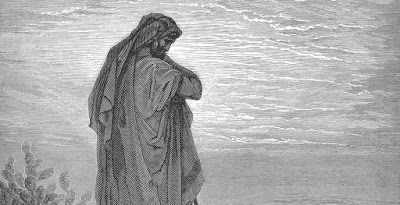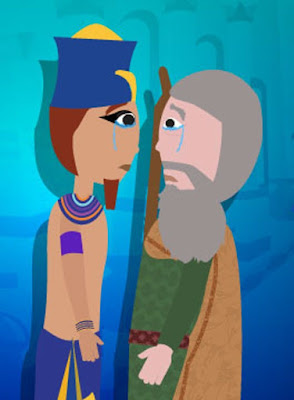Amos vs Micah
Amos and Micah prophesied in the 8th century BC, and for this reason are considered contemporary prophets though their focuses and locations were separate. Due to being in a similar time period, we can find many parallels in the messages that these men bring, while also seeing a few very evident differences. While Amos can be seen exhibiting a microstructure of sort1, Micah has no real structural theme2. This makes sense when we consider that the bulk, if not all, of Micah’s words were directed to the people of Judah, Amos prophesied oracles to much of the surrounding area.
In viewing the similarities of Amos and Micah, we can first see that they both focus on those that oppress the poor. Both books take focus early in the writings to speak God’s hatred against oppression and those that are doing the oppressing. Micah speaks of those that spend their “down time” laying in their beds, plotting and thinking of ways that they can carry out their oppression. (Micah 2:1-2) Their coveting hearts do not end with just thinking and dreaming of oppression, but in waking up to carry it out. In Amos, the Lord takes issue with their actions as they literally are profaning His name by oppressing His people. (Amos 2:7-8) It seems that in both Judah and the northern kingdom of Israel3, it is the elite in the religious system and the financially rich that are the main culprits in oppressing the poor.
The second similarly that can be seen between these two prophets is that ritual sacrifice alone is not what God desires. Indeed, both convey the understanding that it is justice that the Just Judge of the world wants to be seen taking place, especially of those which He has called out to be His people. If there is anyone that should be calling and reflecting justice, it is the people of a just God. In Micah, the prophet is very clear on what God desires and that is justice, love, and humility (Micah 6:8), not ritualism that will appease their conscience while never changing their ways. The prophet Amos goes even farther in this by declaring that God not only does not want sacrifice over obedience but despises sacrifice from a disobedient people. (Amos 4:4-5)
While these two men have similarities in quite a few ways, there are also a few points in which they are unique from one another. One of the most glaring differences is the way that the Lord comes to confront His people. In Amos, the Lord is in lament over Israel as the people that He knows and loves but must punish. (Amos 3:2) He continuously speaks in terms to call them back to the covenants that He made with them, calling them back almost as a parent would a disobedient child. This is not the picture that we see draw, as Micah sets a courtroom seen where justice is to be divvied out to the offender. There is no evidence of any pleading from a Father in Micah, only a judge ready to pass sentence.
While the sins of these two countries were very close to being the same in May ways, God still shows mercy in dealing with them in separate ways. The key concern with both narratives is that the people that had been set apart by God and entrusted with the oracles of God (Romans 3:2), were in no way reflecting the character of God. By oppressing their own people, they were showing the nations around them that they seemingly served an oppressive God, like the pagans.
The problem that Israel encountered, at it's core, is they ceased to look at their God. They looked to themselves and their rituals to keep them in good standing, even though their actions contradicted this.
They quit looking at God, and consequently, quit looking like Him.
While many of the surrounding nations would feel the repercussions of this coming judgement, the echo that can still be heard from these men is that judgement usually starts in the household of God. (1 Peter 4:17)
----------------------------------------------------------------------------------------------------------------
1 Chisholm, Robert, Handbook on the Prophets (Baker Academic, 2002), Pg. 377.
2 Ibid., Pg. 416
3 Ibid., Pg. 385





Comments
Post a Comment